Reading the Holy Name of Jesus in the 15th Century
December 7, 2018
At some point between 1420 and 1450 the Yorkshire gentleman Robert Thornton of Ryedale copied a number of English and Latin texts on devotion to the Holy Name of Jesus into his own book (now called the Lincoln MS 91). As Rob Lutton shows in a new article (see link), Thornton and other medieval Christians …
Nottingham and the Pentrich Rebellion of 1817
November 26, 2018
Late in the evening of Monday 9 June 1817, some fifty to sixty men set out from the villages of Pentrich and South Wingfield in Derbyshire on a fourteen-mile march towards Nottingham. They believed themselves to be in the vanguard of a Rebellion which would see ‘clouds of men’ descend from the north of England. …
The Florence Nightingale Project
November 5, 2018
In case you didn’t know, the History department is host to an Arts and Humanities Research Council-sponsored project led by Anna Greenwood with Paul Crawford and Richard Bates that investigates the local legacy of Florence Nightingale who, as well as having a famous student hall named after her, also did some nursing. The project aims …
Were the Waldensians Heretics?
October 3, 2018
In 1214 Peter of les Vaux-de-Cernay, chronicler of the Albigensian Crusade (1209-29), stated that after taking the town of Morlhon, south of Rodez, “we found seven heretics of the Waldensians sect; they were at once led to the legate and confessed their unbelief freely and fully. The crusaders seized them and burnt them with great …
Why the Reformation(s) were Nothing Like Brexit
June 15, 2018
The recent 500th anniversary of the Lutheran Reformation of 1517 prompted a series of articles in the press seeking historical parallels between Henry VIII’s Reformation of 1532-4 and Brexit. The superficial similarities – England deciding to leave the jurisdiction of a supposedly corrupt and self-interested European superstate (the papacy) – appealed to lazy journalists looking …
Britain’s Mission in India
May 1, 2018
In this edition of the blog, Ph.D candidate David Robinson examines Britain’s colonial “mission” in an article that first appeared in our so-called rival and better-funded blog-fest The Conversation. The politician and historian Thomas Babington Macaulay (right) imagined, in 1840, the fall of a great empire. He conjured a future “when some traveller from New Zealand shall, …
Celebrating the Restoration in England’s Towns
April 10, 2018
On the 8th of May 1660 Charles II was restored to the English throne. Although he did not enter the capital until the 29th, the whole month was given over to lavish ceremonial display. The proclamation of the Restoration was first read in parliament before being taken through the streets of London in procession by …
The Business of Privateering in Eighteenth Century Liverpool
March 22, 2018
During Britain’s Seven Years’ War with France (1756-63) one Captain Day of the Blakeney Privateer attacked the French vessels Robuste and Le Juste off the coast of Spain. The returns from such privateering could be vast – as much as £20,000, or over £2.3 million in today’s money. Privateeting, which was essentially state-sponsored piracy, had been a key feature of Britain’s …


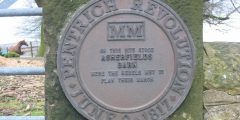
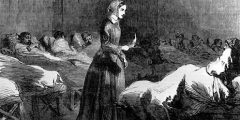
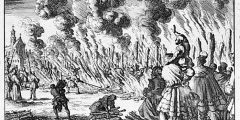
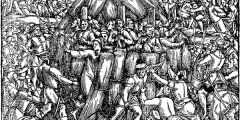
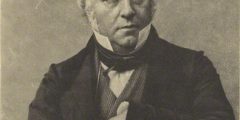
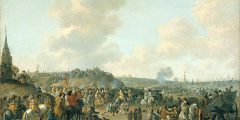
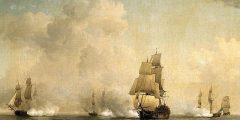
Recent Comments